The Caracal is a feline of the genus Caracal that is widely distributed in Africa and Asia from the Middle East to the Indian subcontinent. In 2008, the caracal was classified as Least Concern on the IUCN Red List due to its relatively common occurrence, particularly in southern and eastern Africa. The caracal is nevertheless considered threatened in North Africa and rare in Central Asia and India.
The caracal has long brushes of characteristic black hair at the end of its ears. It is also known for the leaps of up to 3 meters it is capable of making to catch birds in flight.
The binominal name Caracal for (Schreber, 1776) is attributed to the German zoologist Johann Christian Daniel von Schreber who described Felis caracal in 1776 from a specimen collected in the Table Mountain region of South Africa, which is considered the type locality of the species. The genus Caracal was first used by the British naturalist John Edward Gray in 18433 based on the study of a specimen collected in the Cape of Good Hope region.
In the history of binominal nomenclature, the caracal has been alternately classified in the genera Lynx and Felis, but recent work in molecular biology tends to show that it is a genus in its own right related to the serval and the African golden cat.
The Caracal is a medium-sized mammal of the felid family with long legs and a relatively short tail18,38 that accounts for 30% of the animal’s body length. It is distinguished by the presence of a cluster of long black hair at the tips of the ears, almost exceeding their length, a characteristic it shares with the Lynx and the marsh cat (Felis chaus). The hair is short and uniformly tawny gray to reddish on the back, sides and tail3. The chin, throat, chest, belly and inside of the legs are whitish and may be spotted with reddish28 or pale tan spots. The very muscular rear end is higher than the front end. The legs of the Caracal are quite large with five toes on the forelegs (the first of which does not touch the ground) and four on the hind legs with retractable claws 3 cm long. The Caracal has many stiff hairs that emerge from between its pads, ensuring a good support on soft ground.
Why Choose our Caracal Cat?
- Majestic Presence: Marvel at the Caracal cat’s commanding presence, characterized by their powerful physique and tufted ears. Their sleek, tawny coat and intense gaze reflect their prowess as skilled hunters. Owning a Caracal cat means having a piece of the savannah’s royalty in your home, a constant reminder of nature’s magnificence.
- Playful and Curious Nature: Caracal cats are known for their playful and curious nature. They possess a natural curiosity about the world around them, making them engaging companions for individuals and families. Their agility and love for exploration make every interaction with them an adventure, fostering a sense of excitement and wonder.
- Loyal and Affectionate Companions: Despite their wild demeanor, Caracal cats are loyal and affectionate to their human families. They form deep bonds, offering gentle purrs, warm cuddles, and unwavering companionship. Their loving nature creates a sense of warmth and security, making them an integral part of your household.
- Intelligent and Inquisitive Minds: Caracal cats are highly intelligent and inquisitive creatures. They enjoy mental challenges and problem-solving activities, making interactive toys and puzzles their favorite pastimes. Engaging their minds not only provides them with stimulation but also deepens the bond between you and your feline friend, fostering a relationship built on trust and mutual understanding.
- Unique Pet Experience: Owning a Caracal cat offers a unique and enriching pet experience. Their wild-inspired beauty, coupled with their playful antics and loving demeanor, makes them a favorite choice for wildlife enthusiasts seeking an extraordinary companion. Each moment spent with a Caracal cat is a reminder of the untamed spirit and enduring beauty of the natural world.

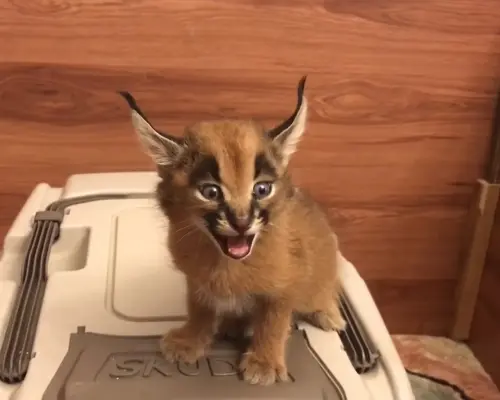
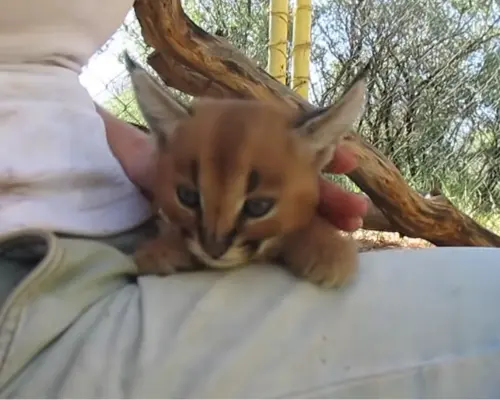
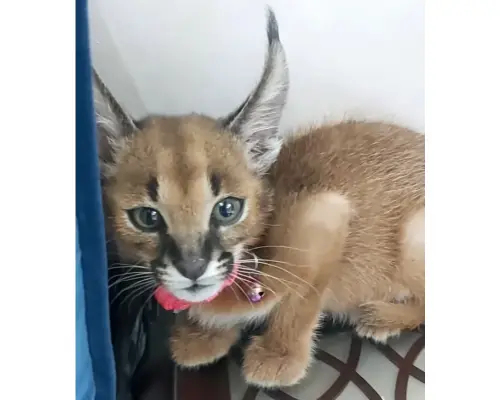
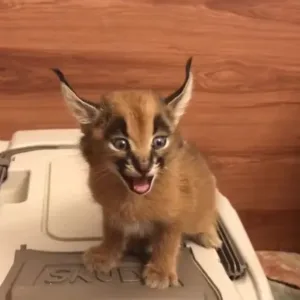
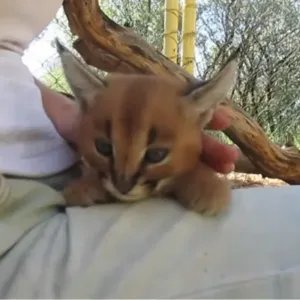

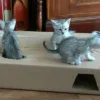
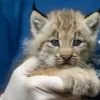
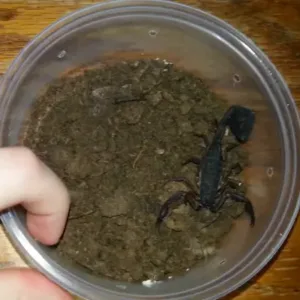
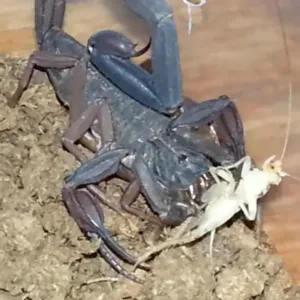
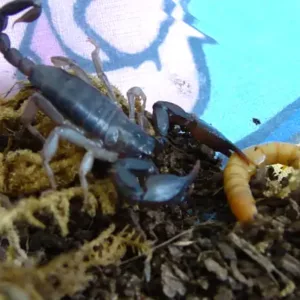
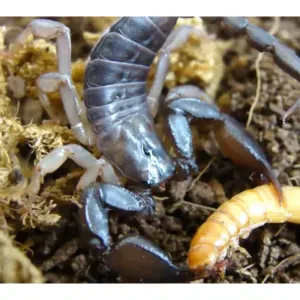
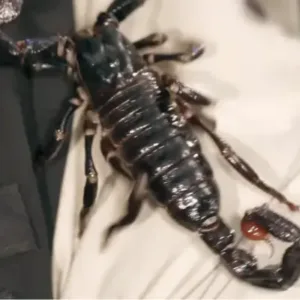
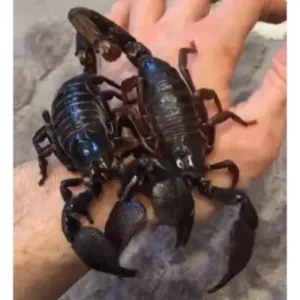
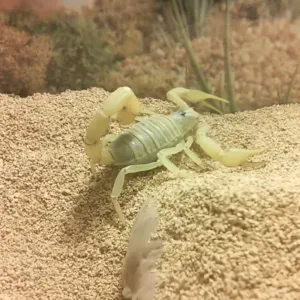
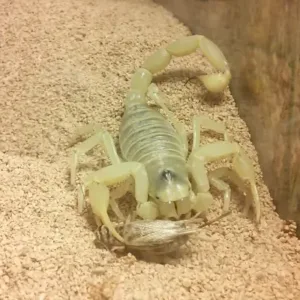
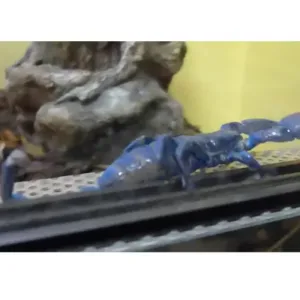
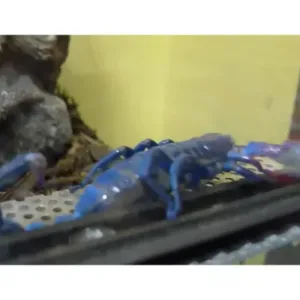
Reviews
There are no reviews yet.